Martin Küchen - The Lie & The Orphanage (2010)

Artist: Martin Küchen
Title: The Lie & The Orphanage
Year Of Release: 2010
Label: Mathka
Genre: Avant-Garde Jazz
Quality: FLAC (tracks) / MP3 320 Kbps
Total Time: 44:25
Total Size: 232 / 115 Mb
WebSite: Album Preview
Tracklist: Title: The Lie & The Orphanage
Year Of Release: 2010
Label: Mathka
Genre: Avant-Garde Jazz
Quality: FLAC (tracks) / MP3 320 Kbps
Total Time: 44:25
Total Size: 232 / 115 Mb
WebSite: Album Preview
01. Named By An Unnamed Source (01:26)
02. The Testimony Of Marie Neumann (For Alfred-Maurice De Zayas) (05:17)
03. Warszawa (09:53)
04. The Orphanage (06:25)
05. Plausible Lies (03:56)
06. Other Losses (For James Bacque) (04:22)
07. An Eye For An Eye / Congolese Women (For John Sack) (04:58)
08. Killing The Houses, Killing The Trees (Multitracked Version) (08:06)
It could be a walrus. Some very large, ungainly, semi-aquatic creature expelling air through a hole layered with tissue and fat and hairs. But then multiple apertures open at once and the creature just spouts information, chaotic from one angle, streamlined from another. Effluvia momentarily expelled, the beast lies down and breathes in short, percolating gasps, quiet but insistent. The pressure builds, however, surging in near-regular waves, causing the organ-walls to quiver, liquid to shudder, wind-drying them, forcing them to grind to a stuttering halt. Gasping again, more desperate and asthmatic, the inhaler partially blocked by fibers, the meager air whistling as it's sucked in, exhaled. At last, the whole bubbling, churning, motoric organism shifts into gear, half-beast, half-machine, navigating through viscous fluid, eating, excreting, copulating as it makes its way from pool to pool.
These were my initial thoughts on hearing Martin Küchen's solo album, before seeing the cover image! I was pleased that my imagery at least resided in the proper class, mammalia. Küchen's work had always connoted something extremely organic to me, combined with a strong sense of ground, of dirt and well-trodden floors. On "The Lie & The Orphanage", he evokes both of those sensations in spades, grinding, wheezing, gutturally rumbling with extreme corporeality and determination, eliciting sounds that, even in this age of post-saxophonic exploration, are startlingly new. Much more importantly, they read as true, as deeply felt expostulations, all building to the astonishingly visceral, multi-tracked finale.
These were my initial thoughts on hearing Martin Küchen's solo album, before seeing the cover image! I was pleased that my imagery at least resided in the proper class, mammalia. Küchen's work had always connoted something extremely organic to me, combined with a strong sense of ground, of dirt and well-trodden floors. On "The Lie & The Orphanage", he evokes both of those sensations in spades, grinding, wheezing, gutturally rumbling with extreme corporeality and determination, eliciting sounds that, even in this age of post-saxophonic exploration, are startlingly new. Much more importantly, they read as true, as deeply felt expostulations, all building to the astonishingly visceral, multi-tracked finale.
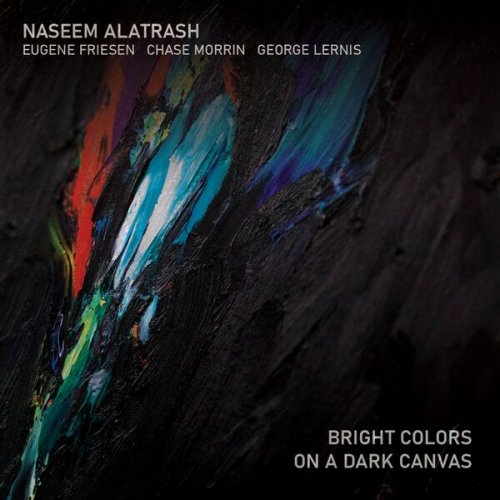
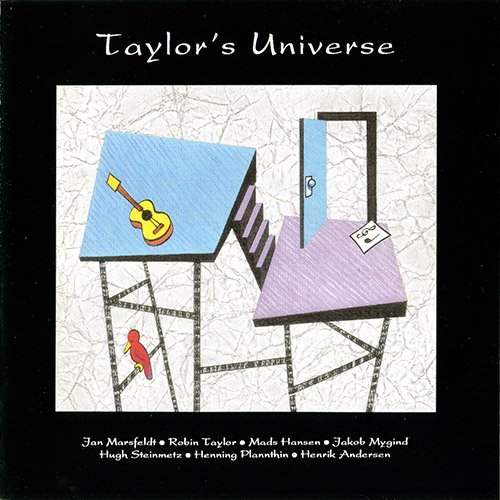
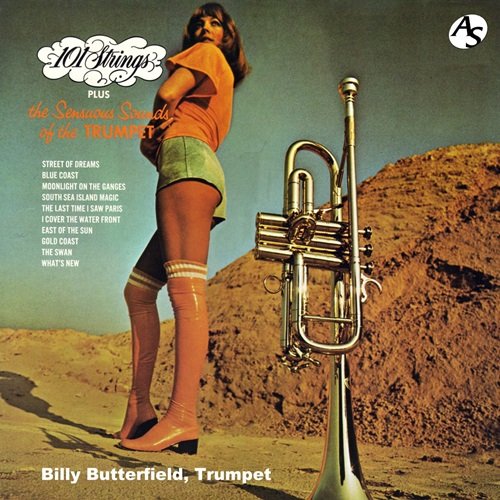
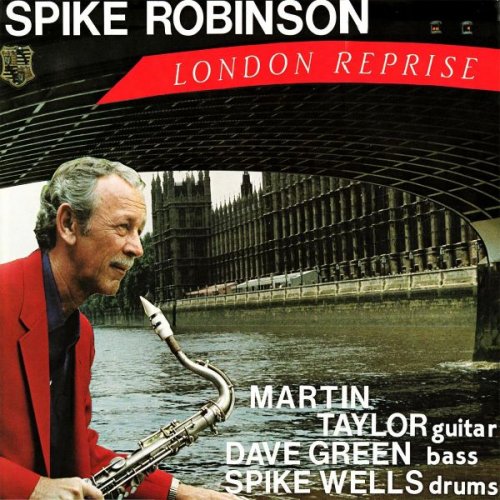
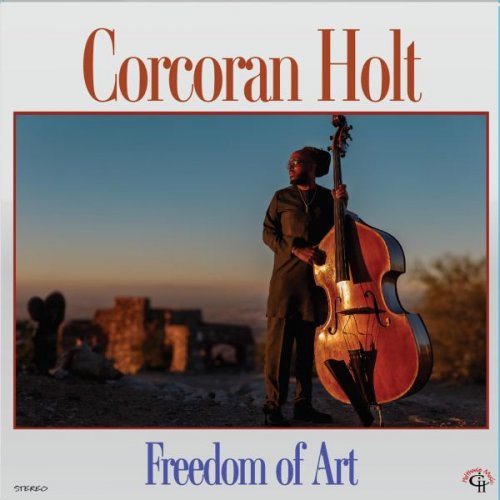
![Alexander Wienand - Strangers (2026) [Hi-Res] Alexander Wienand - Strangers (2026) [Hi-Res]](https://www.dibpic.com/uploads/posts/2026-02/1772172636_cover.jpg)


